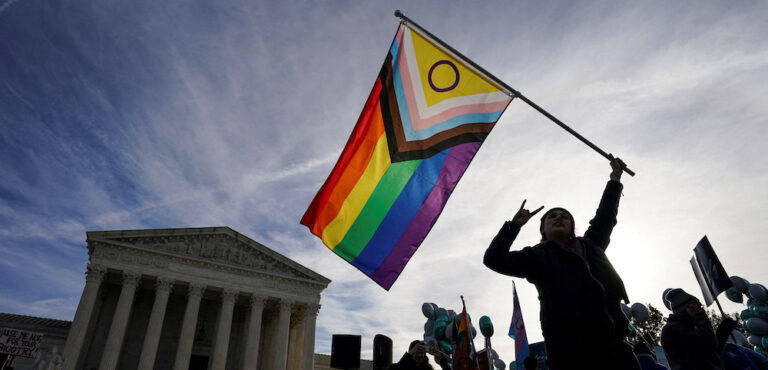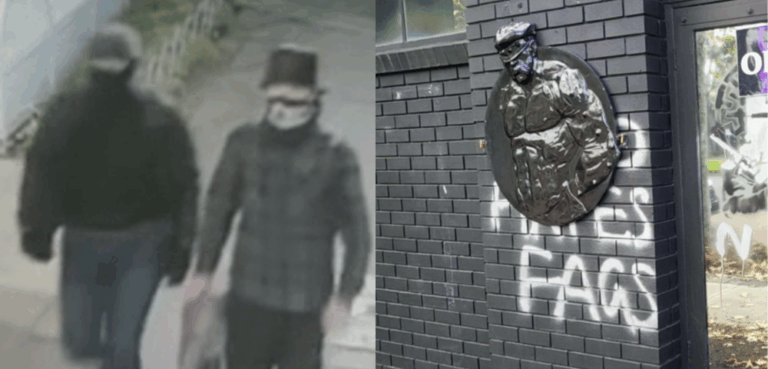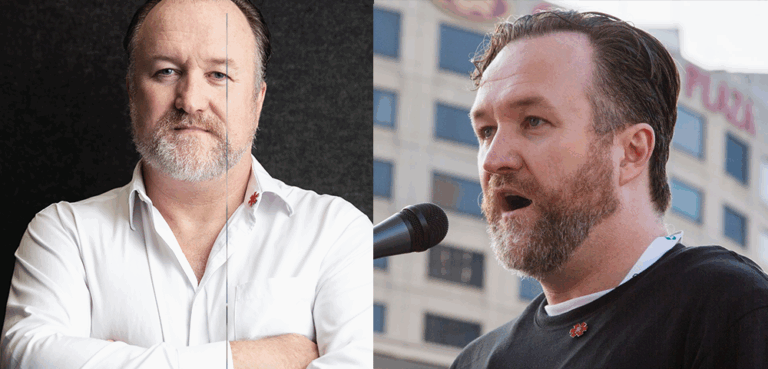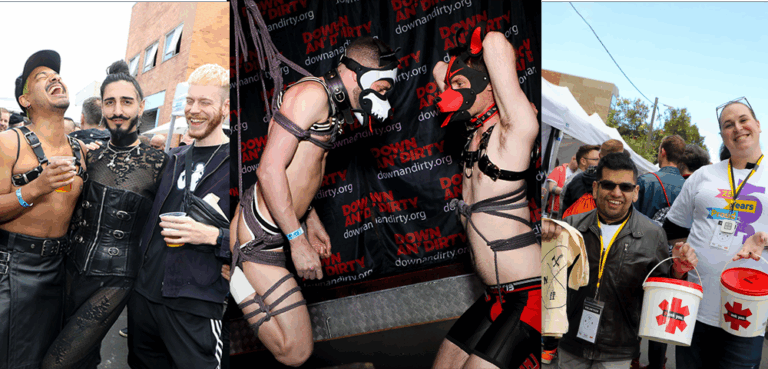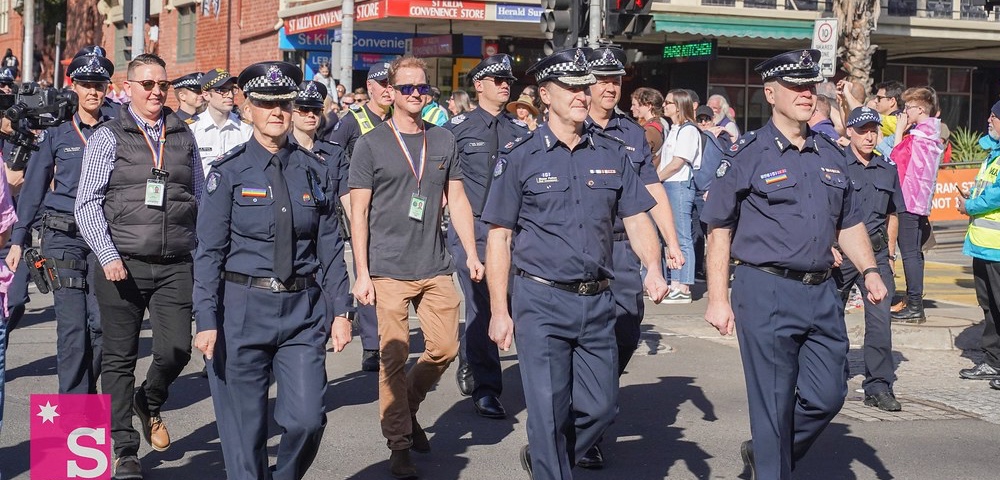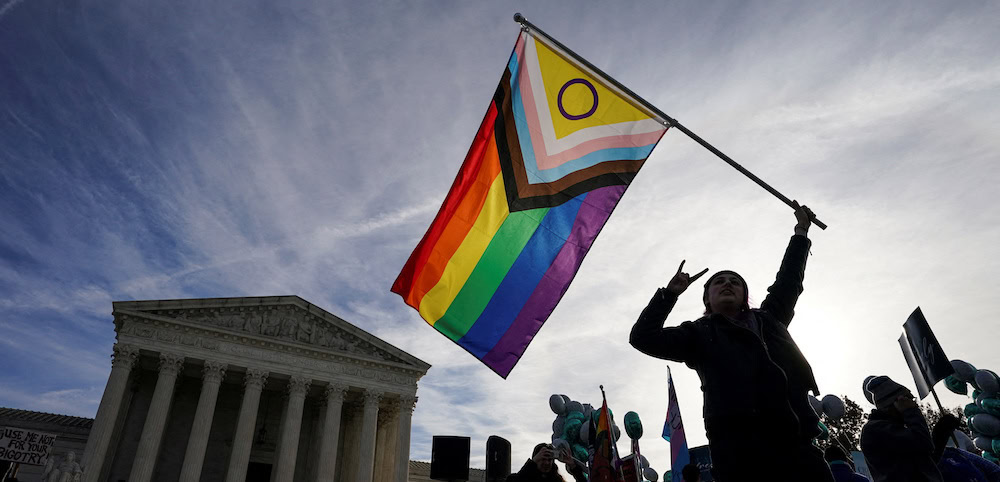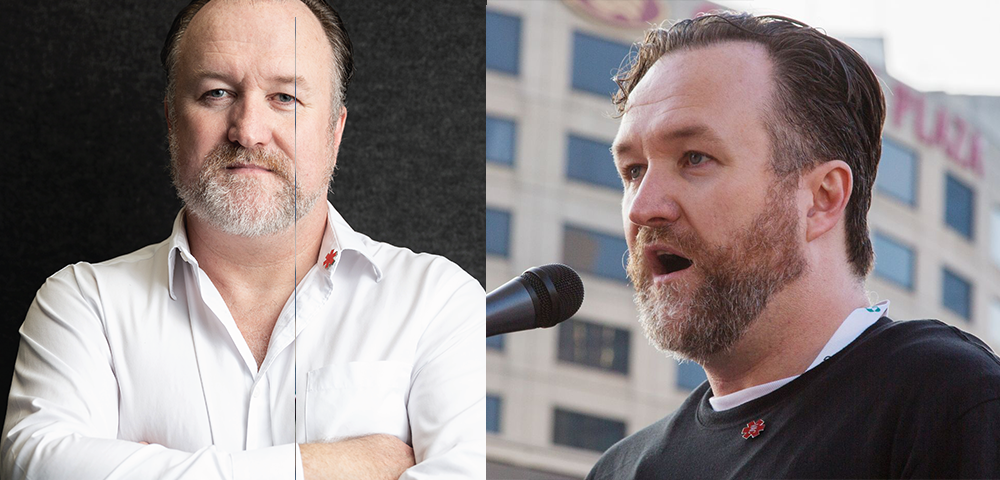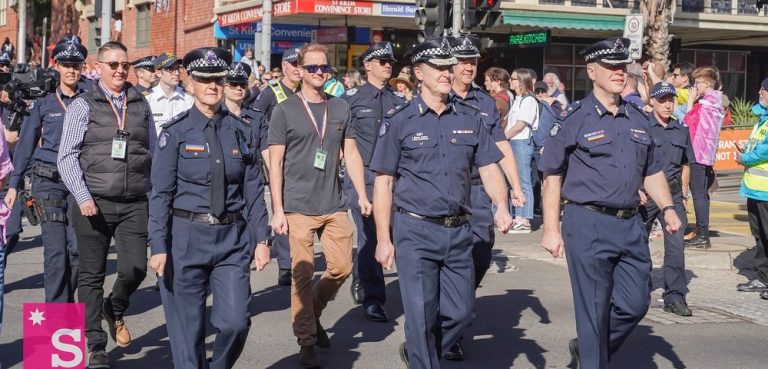
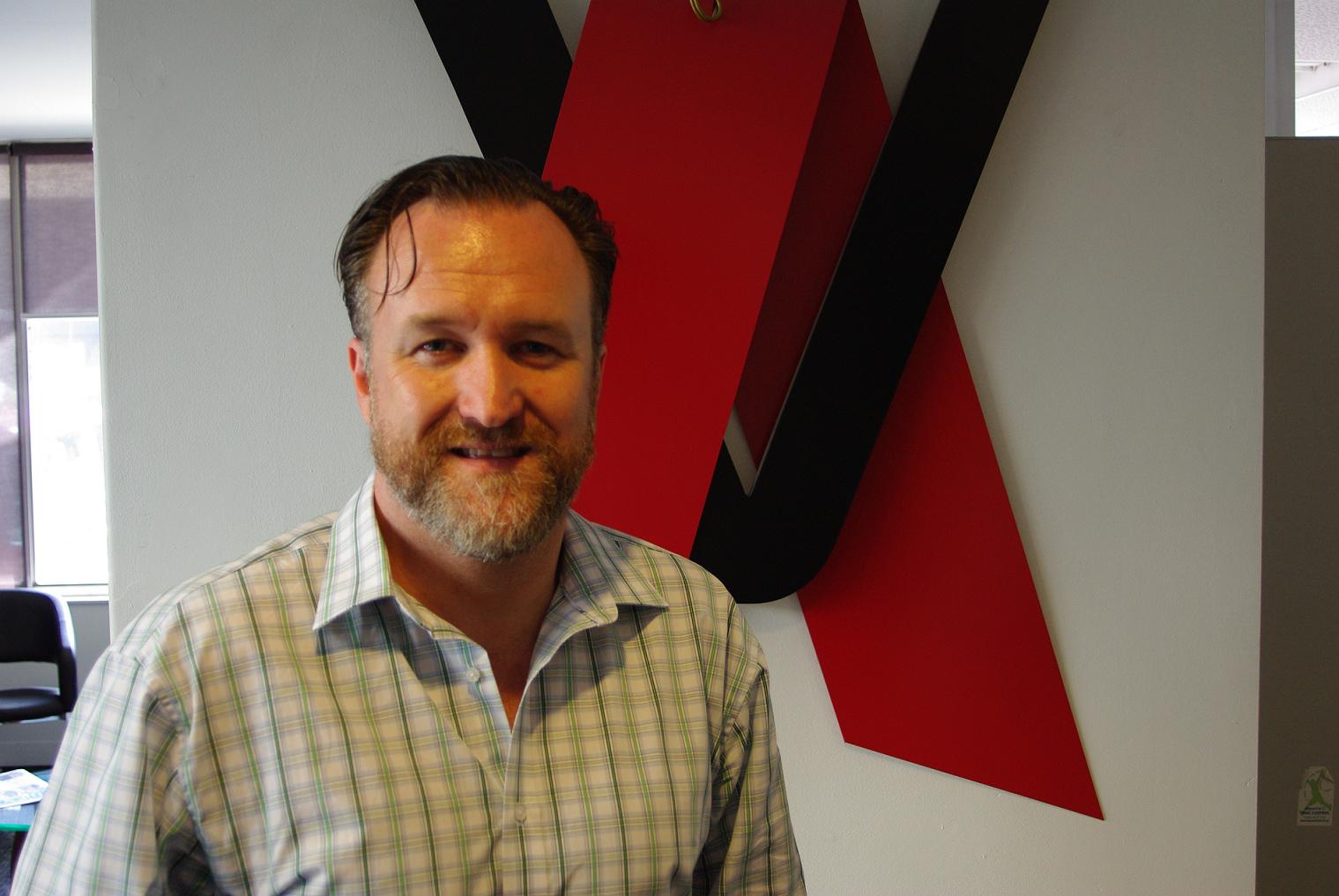
To say our LGBTI communities have a long and complicated history with police, and the justice system more broadly, would be an understatement.
While we have seen some great strides forward, there are still significant steps to take before we can really hope to reconcile the past.
2019 has had its steady stream of reminders about that past. While the botched police raid of Hares & Hyenas was nothing shy of an embarrassment, it was also incredibly triggering for many in our community who immediately questioned if the event was motivated by LGBTI discrimination.
On IDAHOBIT, Victoria Police and the Victorian Equal Opportunity and Human Rights Commission released “Proud, Visible, Safe,” a report examining the experiences of LGBTIQ employees at Victoria Police.
The report found that employees from across Victoria Police reported “a hypermasculine and heteronormative culture that normalises homophobic attitudes and feeds constrictive stereotypes about LGBTIQ employees.”
Last month was the 25th anniversary of Melbourne’s Tasty Raid, an abhorrent incident that understandably became the keystone in the wall standing between Victoria Police and our LGBTI communities.
Victoria Police apologised in 2014 for Tasty, arguably more effectively than last month’s apology where Victoria Police apologised for causing “unnecessary and unacceptable harm” to our communities.
That apology was attempting to be all encapsulating, but left many feeling it was too generic to be embraced as genuine.
However, the progress we have seen needs to be acknowledged.
The LGBTIQ Liaison (GLLO) Officers have been a phenomenal step forward. And in recent years, quite remarkably, Thorne Harbour successfully worked with Victoria Police to respond to community reports of homophobic violence at beats – protecting our communities in circumstances many would still consider taboo.
Even working with the Equal Opportunity and Human Rights Commission to create the report released earlier this year would have taken Victoria Police a level of humility and courage to cast a spotlight on the systemic discrimination within itself.
So where do we go from here?
Today, LGBTI people continue to carry the trauma of the past without ever having the injustice they experienced recognised.
Following the NSW parliamentary inquiry into LGBTI hate crimes, Thorne Harbour Health recently joined Dowson Turco Lawyers and journalist Seb Starcevic in calling on the Victorian government to convene a similar inquiry.
Revisiting the past and having it acknowledged is an important step in reconciliation.
It will undoubtedly be a confronting process and one where we’ll need to support survivors of LGBTI hate crimes.
Perhaps we will even go one step further than NSW.
We have received community feedback that distrust of ‘the system’ and experiences of discrimination starts in institutions like hospitals.
Perhaps Victoria’s inquiry will widen the lens to examine systemic discrimination beyond the police and beyond the justice system. Maybe then, we’ll see the way forward toward healing the wounds of our past.
Simon Ruth is the CEO of Thorne Harbour Health

